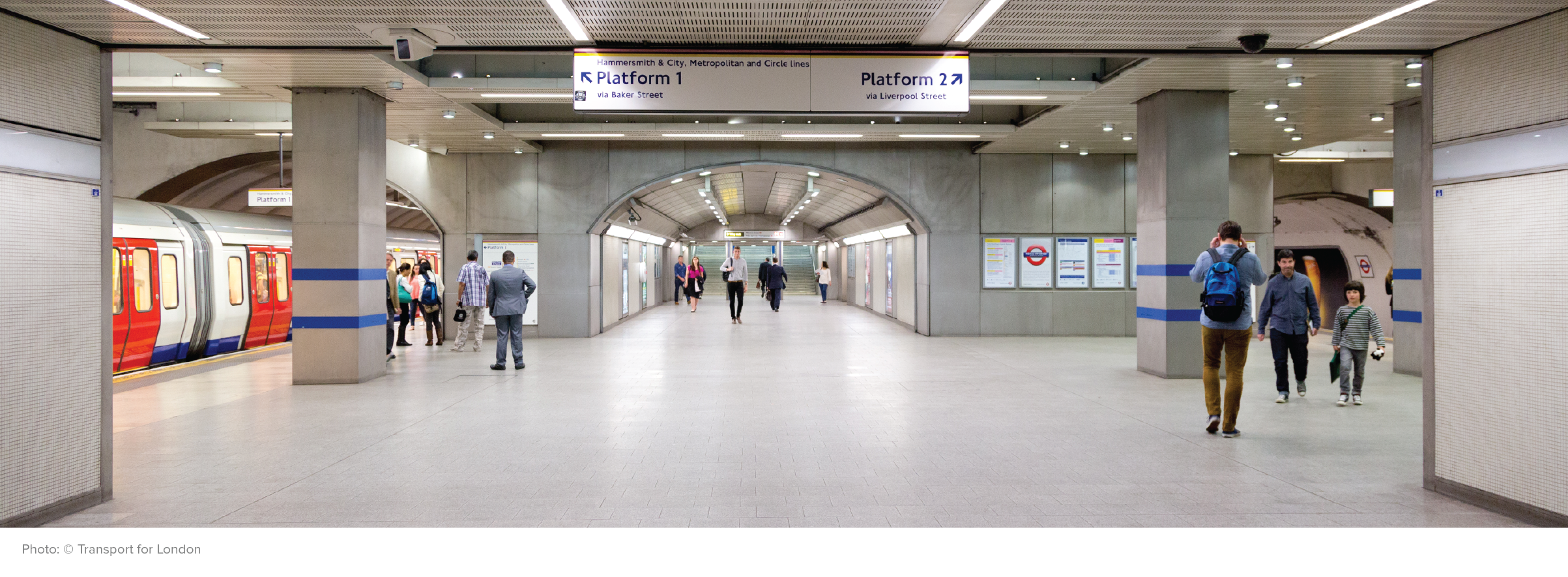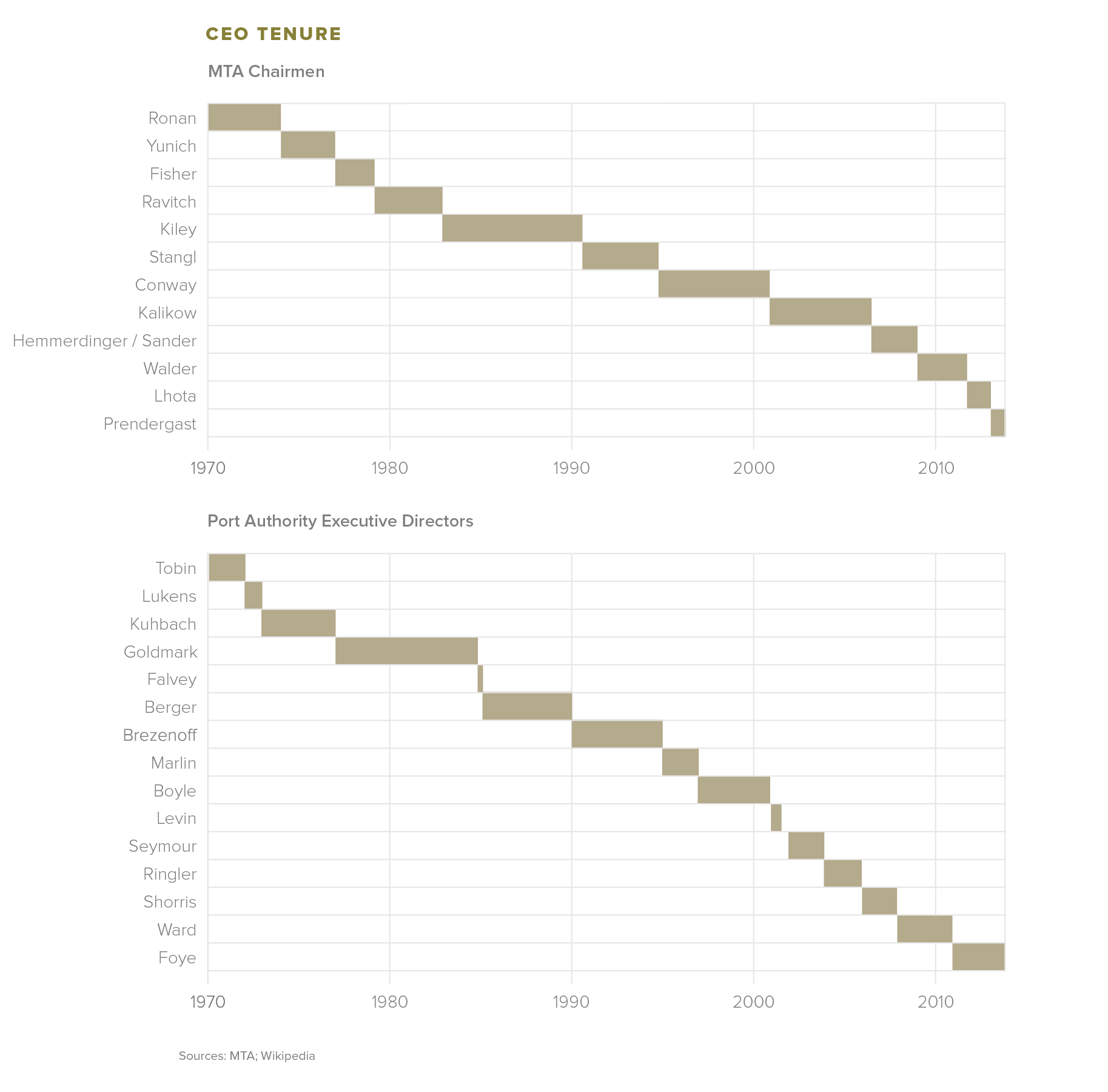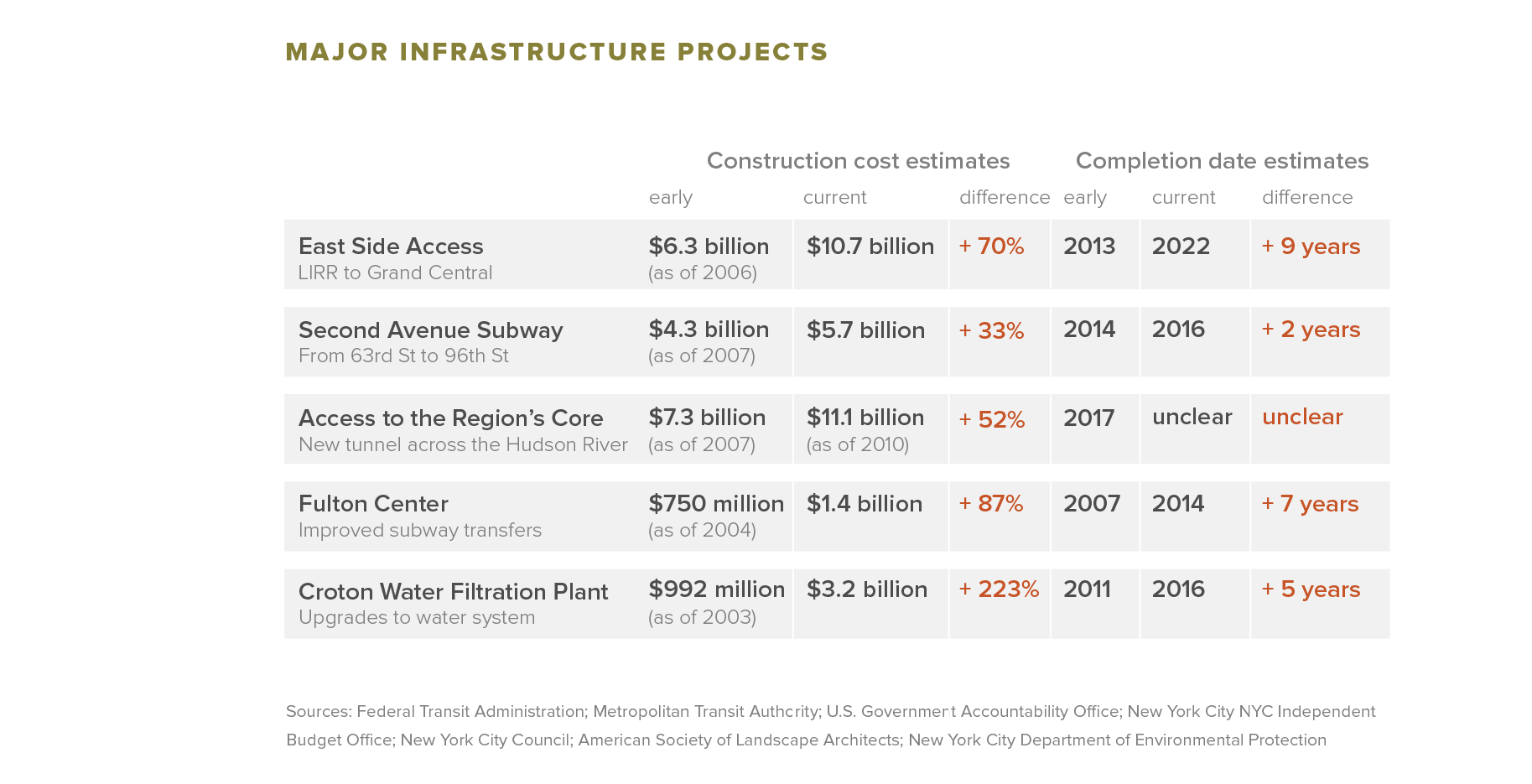Our government institutions are failing to make the hard decisions the region needs.
But for a variety of reasons, we fail to address our most persistent problems of affordability, opportunity and resilience. We haven’t been able to amend land-use and building regulations to facilitate the construction of more housing and encourage the development of communities that accommodate a range of families, especially in the suburbs. We haven’t streamlined procurement practices enough to reduce costs. We haven’t found a way to share public services among districts to increase efficiencies without reducing local control. We haven’t modified tax structures to promote a more productive and diversified economy. We haven’t built new public transportation to help people get to more jobs and schools in less time. And we haven’t invested in the technological and physical infrastructure systems that would help make our society and economy more resilient when disaster strikes.
 SCROLL TO LEARN MORE
SCROLL TO LEARN MORE
Other world cities are embracing innovation.
In 2000, London established a new government authority to do long-term strategic planning and transportation investments. This metropolitan government model has given them the structure and authority to develop a concerted approach to transportation, adopt congestion pricing, and build three important rail projects (Overground and Crossrail 1 & 2).
Singapore’s real-time variable pricing of its streets has reduced congestion, increased driving speeds and improved quality of life. A traffic estimation and prediction tool uses historic traffic data and real-time feeds to predict levels of congestion and set the appropriate price of driving in the core of the city.
Copenhagen is striking to become the first carbon-neutral capital in the world. Wind energy already produces 22% of Denmark’s total electrical consumption. To cut auto use, Copenhagen is building 26 cycle superhighways. The city recently launched the first of seven cooling plants that uses seawater to create air conditioning. Its Climate Action Plan also includes investments totaling more than $20 billion for green infrastructure, building upgrades and improved waster, sewer and water infrastructure.

Here in the tri-state region, public trust in government is eroded by poor leadership and corruption.
Polls and focus groups reveal a clear hurdle to concerted action: People don’t trust their public officials, often with good reason. In the last decade, governors from all three states have had to resign in scandal (Governors James McGreevey and John Rowland in 2004, and Eliot Spitzer in 2008). New York State Senate Majority Leader Joseph Bruno, New York Comptroller Alan Hevesi, Hoboken Mayor Peter Cammarano, Newark Mayor Sharpe James, Hartford Mayor Eddie Perez and Bridgeport Mayor Joseph Ganim, to cite just a few, have all been convicted of corruption-related offenses in the last 10 years.
The institutions that are supposed to plan for the long-term don’t have the independence they need…
At the beginning of the 20th century, new public authorities were created to deliver the major investments the region would need to grow – developing the seaport and airports; building highways, bridges and tunnels; and operating our transit networks. These entities grew and merged to become the Metropolitan Transportation Authority, the Port Authority, NJ Transit, Empire State Development Corporation and others. These institutions were supposed to be outside day-to-day political interference, charting a course for the long-term investments of the entire region. But even before recent scandals at the Port Authority came to light, the independence and leadership of these critical institutions has been steadily eroding, leading to higher turnover rates that make it harder to plan and invest for the long term.

… and it takes too long and costs too much to build new infrastructure.
Most of the large infrastructure projects that the region has taken on in recent years are failing to be delivered on time and on budget. The reasons vary – from corruption, mismanagement, lack of political will, unclear funding structures, to underestimated costs – but the result is the same: Every project that goes over-budget or is extended in time erodes the public’s confidence in the government’s ability to deliver similar public works in the future.
In 2010, New Jersey Gov. Chris Christie cancelled the most significant rail project under construction in the region, new rail tunnels under the Hudson River. He was able to credibly claim that the project’s budget was growing out of control, without suffering significant political repercussions because mega-projects like it so often exceed initial budgets by large margins.
With many large construction projects taking more than 10 years, it is hard to build support for investments that many current workers and residents – to say nothing of politicians – may never benefit from.

Too many governmental jurisdictions work at cross purposes and aren’t cost-efficient.
Our region’s three states, 31 counties, 783 municipalities and thousands of school, housing, fire and other special service districts bring local government closer to citizens, but also drive up costs, slow down decision making and make it more difficult to implement important regional projects.
Lack of confidence feeds the perception is that the public isn’t getting a fair return on their taxes.
‘I just think that all they know how to do is tax and spend, and there is a lot of corruption and inefficiencies, and they are just wasting our money and I’m tired of paying taxes. Every year they go up and up and up. Since I’ve lived here my taxes have gone up over 100%.’ Ken, Fairfield County, Conn.
‘I just see a lot of waste, where the government wastes a lot of money.’ Vincent, Westchester County, N.Y.
We cannot be complacent.
The region has made great strides in the last two decades, but we mustn’t be complacent. Confronting our most persistent challenges requires knowing what needs to be done and developing the political will to make it happen.


